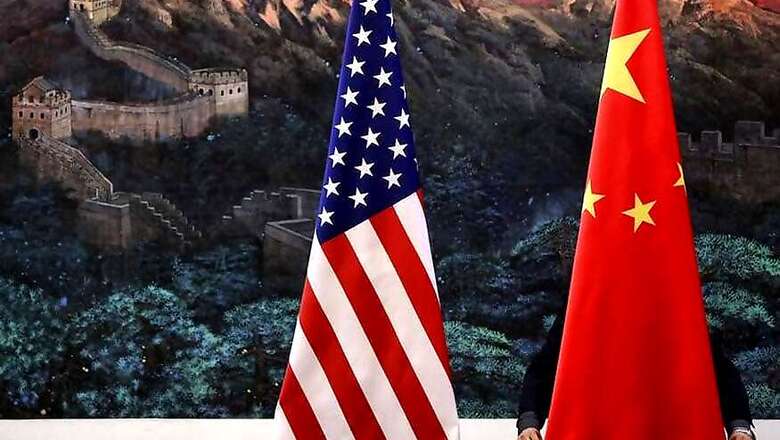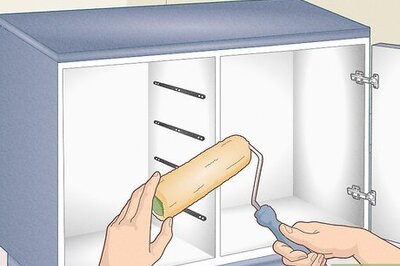
views
China on Monday said it will impose tariffs on $60 billion of US goods from 1 June. The move comes three days after the US more than doubled tariffs on $200 billion of Chinese imports.
The escalation of this US-China trade war sent stock markets down across the world, with the Dow Jones Industrial Average closing over 2% lower on Monday. But how, when and why did it all start?
Here’s the US-China trade war explained in simple terms:
Even before becoming the US president, Donald Trump had complained about China’s trading practices.
In June 2016, as a presidential candidate, Trump vowed to cancel international trade deals and go on an offensive against China’s economic practices. He said he wanted to fix China’s “long-time abuse of the broken international system and unfair practices”.
After Donald Trump took office in 2016, the US launched an investigation into Chinese trade policies in 2017. And starting 22 January 2018, the US kept imposing tariffs on billions of dollars’ worth of Chinese products. So far, the US has imposed three rounds of tariffs on more than $250 billion worth of Chinese goods. The duties range from 10% to 25% and cover a wide range of industrial and consumer items.
Tariffs imposed on Chinese goods, in theory, make US-made products cheaper than imported ones, and encourage consumers to buy American.
The US argues that China’s trade surplus with the US is the result of unfair practices, including state support for domestic companies. It also accuses China of stealing intellectual property from US firms.
In adding various tariffs, the US administration is relying partly on Section 301 of the Trade Act of 1974 to prevent what it calls unfair trade practices and theft of intellectual property. This gives the president the power to unilaterally impose fines or other penalties on a trading partner if it is deemed to be unfairly harming US business interests, especially if it violated international trade agreements.
China retaliated in kind, hitting back with tariffs on $110 billion of US goods, accusing the US of starting “the largest trade war in economic history”. China has targeted products including chemicals, coal and medical equipment with tariffs that range from 5% to 25%.
The latest round of US-Chinese trade negotiations ended in Washington on Friday without a deal.
The trade war is apparently harming both American and Chinese companies so far. The fears of its escalation have also spooked investors and markets across the world as the International Monetary Fund (IMF) has already warned that a trade war between the US and China risks making the world a “poorer and more dangerous place”.




















Comments
0 comment